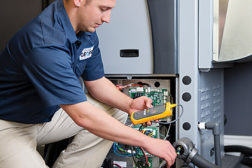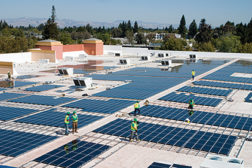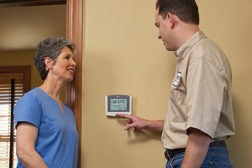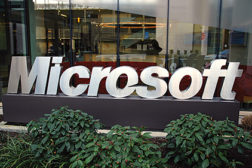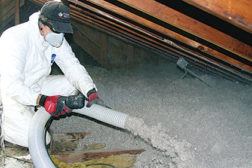Home » home energy
Articles Tagged with ''home energy''
Leaders Work for Federal Definition by End of 2014
Read More
HVAC Energy Solutions that Sell
Finding the Right Customers Plays Big Role in Making Sales
Read More
Savvy HVAC Contractors Turn to Solar
Contractors Use the Sun to Offset HVAC System Energy Use
Read More
Home Automation Products Gaining HVAC Industry Traction
Ease of Use, Options Improving as Prices Start to Come Down
Read More
Aug. 25, 2014: Home Energy Management Market is Expected to Reach $1.9 Billion in 2019
The Need to Conserve and Optimize Energy Utilization Is Expected to Increase Demand
August 25, 2014
Contractors in Charge of Surging Home Automation Market
Listening, Offering Options Help Contractors Close a Sale
Read More
HVAC Industry Cautious About Microsoft Partnership
Joint Project Supports Home Automation Software Startup Companies
Read More
RESNET, CRESNET Home Builder Challenge Returns
Promotes Use of the Home Energy Rating System
August 25, 2014
Do Energy-saving Products Actually Save Customers Energy?
HVAC Contractors Need to Educate Consumers
Read More
Aug. 5, 2014: Conservation Services Group Names Simpson as Regional VP, West
She Will Lead Regional Team and Continue Responsibilities as West Region Operations Director
August 5, 2014
Copyright ©2024. All Rights Reserved BNP Media.
Design, CMS, Hosting & Web Development :: ePublishing
